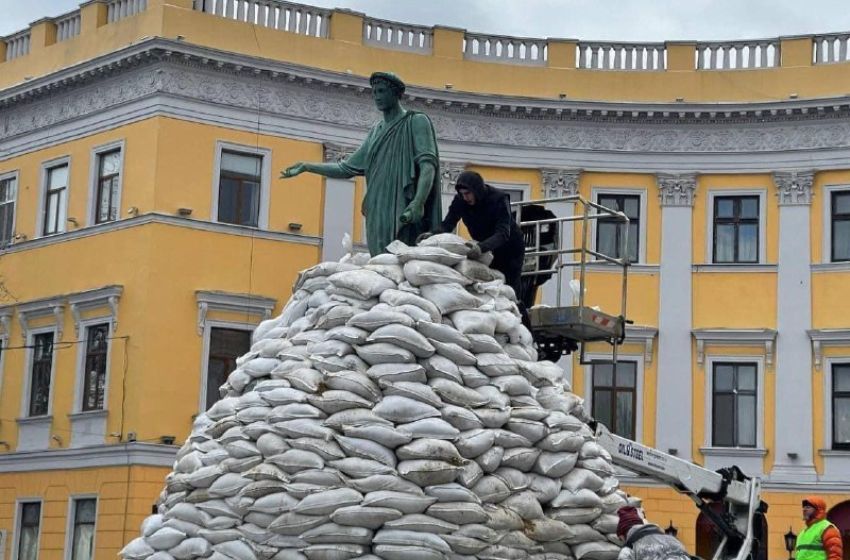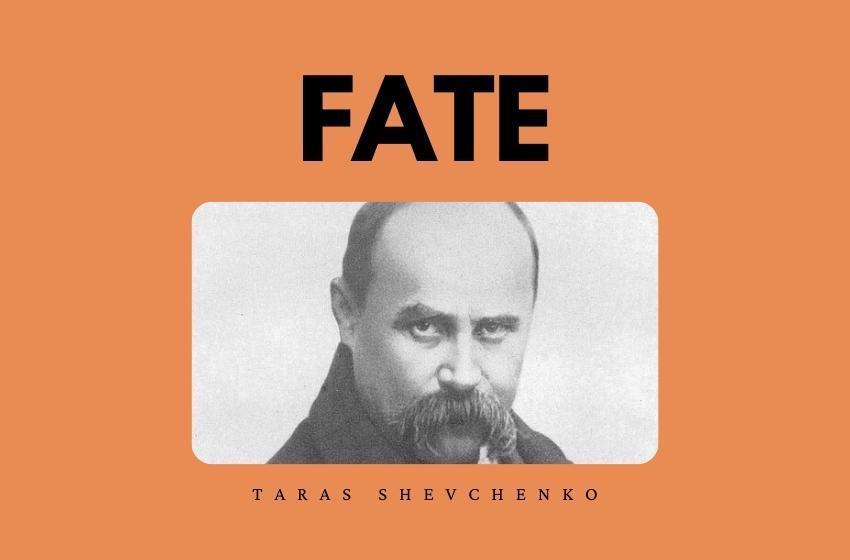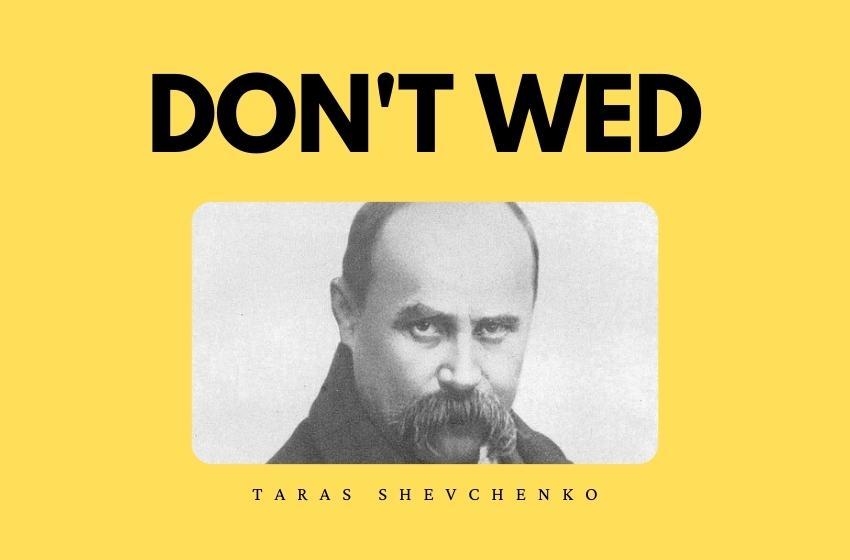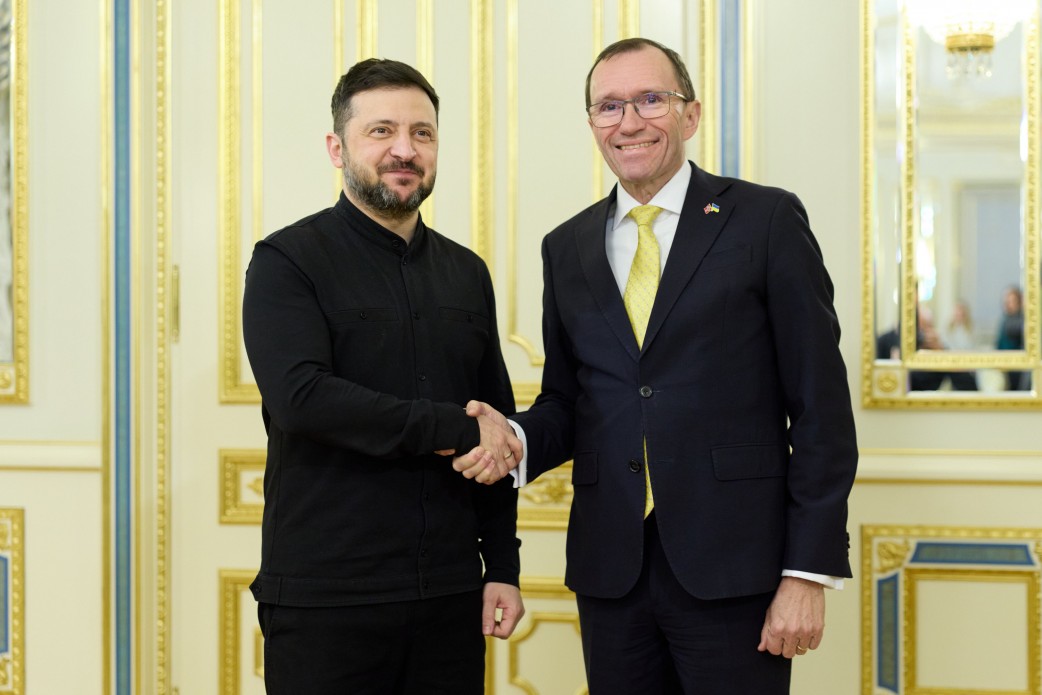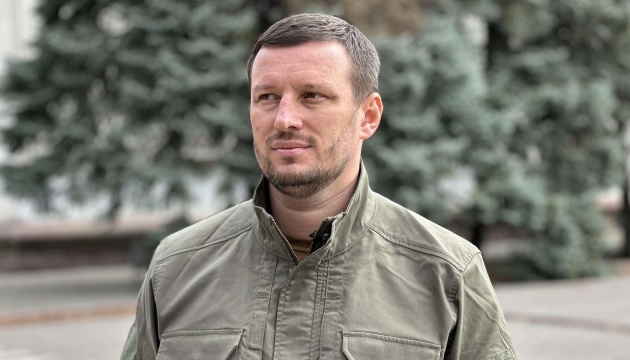Considered one of the greatest writers of the twentieth century, Isaac Babel (1894--1941) left a literary legacy that continues to grow more than sixty years after his death. To read Babel is to relive the wild and often terrifying swings of twentieth-century Russian history. No writer has conveyed the story of this nation and its brutal heritage with such emotion and energy.
All the people in our circle — brokers, shopkeepers, bank clerks, and steamship office workers — taught their children music. Our fathers, seeing no future for themselves, came up with a lottery. They played it out on the bones of little people. More than any other city, Odessa was possessed with this madness. And it’s true — for decades our city supplied the concert halls of the entire world with wunderkinds. Mischa Elman, Zimbalist, Gabrilowitsch came from Odessa, and Jascha Heifetz started out in our city.
When a boy turned 4 or 5 years old, his mother took this puny, feeble creature to see Mr. Zagursky. Zagursky ran a factory of wunderkinds, a factory of Jewish dwarfs in lacy collars and little patent leather shoes. He sought them out in the slums of Moldavanka, in the stinky courtyards of the Old Bazaar. Zagursky offered the initial direction, and then the children were sent to Professor Auer in St. Petersburg. A powerful harmony lived in the souls of these starvelings with blue, bloated heads. They became renowned virtuosi. And so my father decided to follow in their stead. Even though I had long since exceeded the age of wunderkinds — I was over 13 — my height and puny physique made it possible for me to pass for an 8-year-old. That was the hope.
I was taken to see Zagursky. Out of respect for grandfather, he agreed to charge one ruble per lesson — a cheap rate. My grandfather, Leivi-Itskhok, was the city’s laughing stock and its adornment. He walked around the streets in a top hat and decrepit cutoff boots and helped resolve some of the most opaque arguments. He was asked to explain what a tapestry was, why the Jacobins betrayed Robespierre, how artificial silk is produced, how a cesarean section is performed. My grandfather could answer all these questions. Out of respect for his learnedness and madness, Zagursky charged us one ruble per lesson. And in fact, he made an effort with me, only because he feared my grandfather, because in fact there was nothing to make an effort with. Sounds slipped off my violin like metal shavings. These sounds sliced even my heart, but my father wouldn’t give up. At home all they talked about was Mischa Elman, whom the czar himself had released from military service. Zimbalist, according to my father’s information, was introduced to the British king and played at Buckingham Palace. Gabrilowitsch’s parents bought two houses in St. Petersburg. Wunderkinds brought wealth to their parents. My father would have reconciled himself to poverty, but he craved fame.
“Impossible,†whispered those who ate dinner at his expense, “it’s impossible that the grandson of such a grandfather …â€
But I had something different in mind. While playing through some violin etudes, I placed books by Turgenev or Dumas on the music stand, and while sawing away, I devoured page after page. During the day, I told tall tales to the neighborhood kids, and at night I transferred them onto paper. Composing fiction was a hereditary occupation in our family. Leivi-Itskhok, having gone off his rocker in his old age, had for years been writing a tale titled Man Without a Head. I took after him.
Three times a week, encumbered by my violin case and music sheets, I dragged myself to Witte Street, the former Dvoryanskaya, to Zagursky’s. There, along the walls, awaiting their turn, sat Jewesses, their hysteria flaring. They pressed to their weak knees violins that exceeded the size of the children who were expected to perform at Buckingham Palace.
The sanctuary door would open. Brainy, freckled children would emerge from Zagursky’s office — unsteady on their feet, necks thin as flower stems, a manic fervor burning on their cheeks. The door would slam, swallowing the next dwarf. Behind the wall, straining himself, the teacher would sing and conduct with a bow, reddish curls, and frail legs. The director of a monstrous lottery, he populated Moldavanka and the black cul-de-sacs of the Old Bazaar with specters of pizzicato and cantilena. Later old Professor Auer would propel these tones to a diabolical brilliance.
There was nothing for me to do in this sect. Though a dwarf like the rest of them, I detected a different calling in the voice of my ancestors.
The first step was the hardest to make. One day I left home, saddled with the violin, its case, music, and 12 rubles in cash — the monthly payment for my lessons. I was walking down Nezhinskaya Street, and I should’ve turned onto Dvoryanskaya in order to get to Zagursky’s place, but instead I went up Tiraspolskaya Street and found myself in the port. I was allotted three hours, and they passed swiftly in Practique Harbor. Thus began my liberation. Zagursky’s anteroom never saw me again. More important matters took hold of all my existence. My classmate Nemanov and I now took to visiting an old sailor by the name of Mr. Trottyburn on board the steamshipKensington. A year my junior, Nemanov had been engaging in the most elaborate commerce in the world since the age of 8. He was a genius of commercial operations, and he fulfilled all his dreams. He’s now a millionaire in New York, director of General Motors, a company as mighty as Ford. Nemanov dragged me around with him because I obeyed him without a word. He bought contraband tobacco pipes from Mr. Trottyburn. The old sailor’s brother in Lincoln handcrafted these pipes.
“Gentlemen,†Trottybarn would say to us, “mark my words. One should make babies with one’s own hands … To smoke a factory-made pipe is the same as putting an enema into your mouth … Do you know who Benvenuto Cellini was? … Now that was a great master. My brother in Lincoln could tell you about him. My brother doesn’t get in other people’s way. But he’s convinced that one should make babies with one’s own hands, not other people’s … We cannot but agree with him, gentlemen.â€
Nemanov sold Trottyburn’s pipes to bank directors, foreign consuls, rich Greeks — with a 100 percent markup.
The Lincoln master’s pipes breathed poetry. Each of them was invested with thought, that small drop of eternity. A yellow eye shone through their mouthpieces; their cases were lined with lustrous silk. I tried to imagine the life of Matthew Trottyburn in old England, the life of the last master of tobacco pipes, he who opposes the progress of things.
“We cannot but agree, gentlemen, that one should make babies with one’s one hands …â€
The heavy waves breaking against the sea wall separated me further and further from our home, redolent with onion and Jewish destiny. From Practique Harbor I relocated to the breakwater. There, on a scrap of a sandy bar, kids from Primorskaya Street hung out. From morning till night they refused to pull on their pants, diving under the scows, stealing coconuts for lunch, and waiting for the time of year when flat-bottomed vessels loaded with watermelons would start coming in from Kherson and Kamenka, and you could break the watermelons open against the moorings right there in the port.
Knowing how to swim became my dream. I was ashamed to admit to those bronzy boys that I, even though born in Odessa, hadn’t even seen the sea until the age of 10 and at 14 still couldn’t swim.
I had to learn such necessary things so late! As a child, nailed to the Gemara, I led the life of a sage; having grown up, I started climbing trees.
Knowing how to swim turned out to be unattainable. Fear of water on the part of all my ancestors — Spanish rabbis and Frankfurt money-changers — pulled me down to the bottom. Water didn’t hold me up. Whipped up and down, soaked with salt water, I would return to the shore—to my violin and music. I was tied to the weapons of my crime and lugged them around with me. The battle of the rabbis with the sea lasted until the moment when a local water God took pity on me. He was the proofreader for the Odessa News, Efim Nikitich Smolich. Empathy for Jewish boys lived in this man’s athletic chest. He reigned over swarms of rickety starvelings. Efim Nikitich collected them in the bedbug-infested cellars of Moldavanka, led them to the sea, buried them to the neck in the sand, did calisthenics with them, took them diving, taught them songs, and while they were roasting in direct sunlight, told them stories about fishermen and animals. Smolich explained to adults that he was an adherent of natural philosophy. Smolich’s stories made Jewish children explode with laughter; they squealed and nuzzled up to him like puppies. The sun sprinkled them with creeping freckles, freckles the color of lizards.
The old man silently observed my struggle with the waves from the sidelines. After seeing that there was no hope and I wasn’t meant to learn how to swim, he added me to the permanent residents of his heart. All of it was there with us; his merry heart never condescended, was never greedy or anxious … With his copper shoulders, the head of an aged gladiator, with his bronze, slightly bandy legs, he would lie among us behind the breakwater like a lord of those watermelon and kerosene waters. I grew to love this man the way only a boy suffering from hysterics and headaches could love an athlete. I stayed by his side and tried to ingratiate myself to him.
He said to me:
“Don’t worry … Work on strengthening your nerves. Swimming will come to you naturally … What do you mean the water doesn’t hold you up … Why shouldn’t it hold you up?â€
Seeing how I felt, Smolich made an exception only for me among his disciples. He invited me to his clean, spacious attic covered in jute rugs, showed me his dogs, his hedgehog, his tortoise, his doves. In exchange for these treasures, I brought him a tragedy I had just composed.
“I just knew you dabbled in writing,†said Smolich. “You have that look … More and more you’re looking nowhere …â€
He read my compositions, shrugged a shoulder, ran his hand through his tight grey curls, walked across the attic.
“I wouldn’t be surprised,†he drew out, growing silent after each word, “if you had a divine spark within you …â€
We went out onto the street. The old man stopped, struck the pavement with his stick, and set his gaze on me.
“What is it that you lack? … Youth isn’t a problem, you’ll get over it with time … What you lack is a feeling for nature.â€
He pointed his walking stick at a tree with a reddish trunk and low crown.
“What kind of tree is that?â€
I didn’t know.
“What’s growing on that bush?â€
I didn’t know that either. The two of us were strolling through a little park on Alexandrovsky Prospect. The old man aimed his stick at every tree, he grabbed my shoulder when a bird flew by and made me listen to different birdcalls.
“What bird is singing now?â€
I couldn’t answer his questions. Names of trees and birds, their division into genera, where birds flew, from which direction the sun rose, when dew was heavier—all of that was unknown to me.
“And you have the audacity to write? … A person who doesn’t live in nature, the way a stone or an animal does, won’t come up with two decent lines in his entire life … Your landscapes resemble descriptions of set designs. For God’s sake, what have your parents been thinking about for 14 years? …â€
What have they been thinking about? … Disputed IOUs, Mischa Elman’s mansions … I never said this to Smolich; I held back.
At home, during supper, I didn’t touch my food. It wouldn’t go down my throat.
“A feeling for nature,†I was thinking. “My dear God, why hadn’t I thought of it before? … Where would I find a person who would interpret birdcalls and names of trees for me? … What do I know about them? I might have been able to identify lilacs, and only when they were in bloom. Lilacs and acacias. Deribasovskaya and Grecheskaya Streets were lined with acacias …â€
Over supper, my father told a new story about Jascha Heifetz. Before he got to Robin’s, he ran into Mendelsohn, Jascha’s uncle. The boy, it turns out, takes in 800 rubles for each appearance. Calculate how much it comes to with 15 concerts every month.
I calculated — it came to 12,000 a month. Multiplying and carrying the four in my head, I looked out the window. Striding across the narrow cement courtyard, his Inverness coat gently fluttering in the wind, reddish ringlets jutting out from under his soft fedora, strode Mr. Zagursky, my music teacher, leaning on a cane. One couldn’t say that he discovered my absence too early. More than three months had already passed since the day my violin had been deposited on the sand beside the breakwater … Zagursky approached the front door. I dashed to the back entrance, which had just the day before been nailed shut as a protection against burglars. Then I locked myself in the water closet. Half an hour later, the entire family gathered outside the door. Women cried. My aunt Bobka rubbed her fat shoulder against the door and burst into a fit of sobbing. My father was silent. Then he spoke more quietly and distinctly than he had ever spoken in his life.
“I’m an officer in the army,†said my father. “I have a country estate. I go hunting. The peasants pay me rent. I placed my son in a military boarding school. I don’t need to worry about my son …â€
He stopped. Women were sniveling. Then a terrifying blow shook the water closet door. My father slammed his whole body against the door; he kept throwing himself at it.
“I’m an officer,†he wailed. “I go hunting … I’ll kill him … The end …â€
The hook snapped off; there was also a latch, but it held by one nail. Women rolled on the floor. They clung to my father’s legs; enraged, he pulled away. My father’s elderly mother heard the noise and got there just in time.
“My child,†she said to him in Yiddish, “our sorrow is great. It is boundless. The last thing we need is bloodshed in our home. I don’t wish to see bloodshed in our home …â€
My father groaned. I heard his departing steps. The latch barely hung by the last nail.
I sat until nightfall in my fortress. When everything settled, my aunt Bobka took me to grandmother’s. It was a long walk. Moonlight froze in unfamiliar bushes, in trees without names … An invisible bird whistled and expired, perhaps falling asleep … What bird was that? What’s it called? Is there dew in the evening? … Where’s the Big Dipper in the sky? From which direction does the sun rise? …
We walked along Pochtovaya Street. Aunt Bobka firmly gripped my hand so I wouldn’t run away. She was right. I was thinking of escape.
1931
Translated from the Russian by Maxim D. Shrayer. English translation © by Maxim D. Shrayer.















